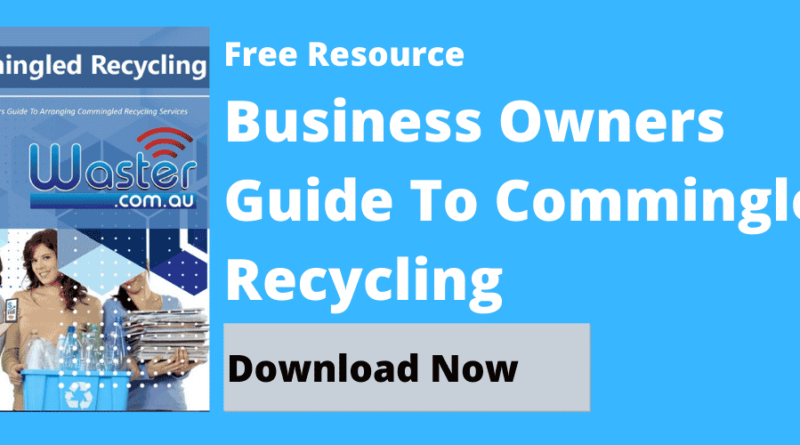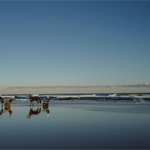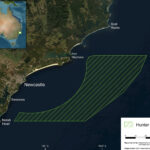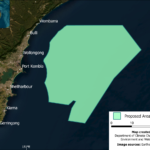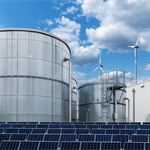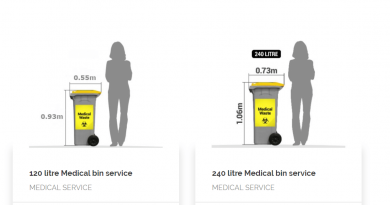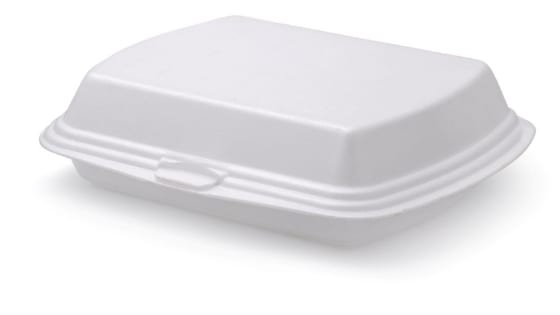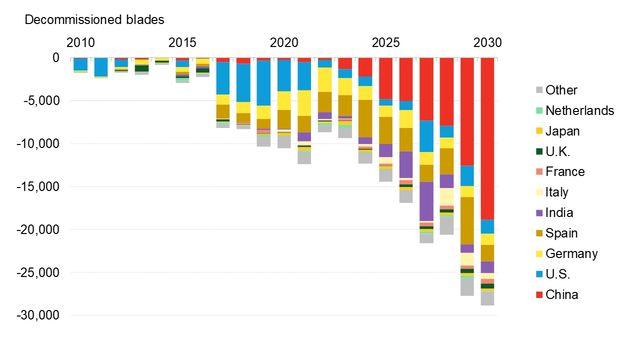Everything You Need To Know About South Australia’s ‘Nappy Tax’ 🗑️
Energy Disrupter
South Australia Nappy Tax 🗑️: We have to assume that the government making their residents’ lives easier and more comfortable would be in their best interest. They have the purpose of serving their citizens by providing good and just governance, establishing beneficial laws, ensuring order and offering essential services. Of course, this includes making the best decisions in regards to waste management. However, one proposed rubbish disposal scheme dubbed the ‘nappy tax’ has been making news as of late which was met with a lot of controversy and criticism in South Australia. Let’s talk about it more below.
Do you live in South Australia and have any babies or toddlers in your house? If so, then you should be aware that a new waste disposal proposal in South Australia dubbed the nappy tax is being studied and could potentially be implemented.
The Green Industries department of South Australia is examining the concept of a ‘pay-as-you-throw’ waste disposal system, aiming to reduce household council rates whilst implementing increased fees based on the weight of rubbish placed for collection.
Obviously, a lot of South Australians opposed the idea. None of them would give it a chance, and with good reason. Here are some of the residents’ comments as interviewed by news.com.au:
“It doesn’t make sense, it is not equitable,” one man told 9News Adelaide on Wednesday.
Another resident said council services needed to be “balanced and fair”.
“And I think we pay a lot already for everything, for every other service,” she said.
>>Download Now: Free PDF Business Owners Guide To General Waste Bin Services
More on South Australia’s nappy tax
The proposal is a part of a government assessment of kerbside collection services. Nonetheless, South Australian Premier Peter Malinauskas has reassured the public that the regular rubbish collection service will stay unchanged. He highlighted that the government has no plans to change the council’s duty to deliver this essential service.
Notwithstanding the premier’s statement, the dispute between the government and Green Industries SA, responsible for waste management, remains evident. A high-ranking official linked to Green Industries SA brought up the pay-as-you-throw system as a potential choice during a parliamentary committee meeting in September.
Opposing the proposition
David Speirs, the leader of the South Australian Liberal Party, has taken a stance to denounce the proposal, labelling it as a “nappy tax” that would burden families already grappling with a cost-of-living challenge.
“We are all for finding ways to reduce waste, but Labor’s ‘nappy tax’ would unfairly target larger families, particularly those with young children, at a time when they can least afford it,” he said.
“When I served as the state’s Environment Minister, I categorically rejected the idea because it would cost households more and create an additional administrative burden on local councils.
“There is also a great risk of creating neighbourly disputes, with the possibility of some people putting their household rubbish in their neighbour’s bins to save themselves money.
The responsibility for implementing such a system would ultimately fall under the purview of local councils. Nevertheless, the opposition has proposed legislation that could limit the council’s ability to embrace the South Australia nappy tax suggestion.
Whilst the waste disposal proposal is intended to foster responsible waste management practices, worries have been expressed regarding its impact on families. Critics argue that it might impose an added financial burden on households already grappling with economic difficulties.
As deliberations persist, it remains uncertain whether the South Australian government will proceed with the contentious pay-as-you-throw system or explore alternative approaches to tackle waste management and advance sustainability.
One thing that could go wrong with the South Australian nappy law
This proposed law could bring out the worst in people.
A number of locals have raised their concerns on social media platforms regarding individuals they consider deceptive, who can use their bins to evade additional charges or dispose of excess rubbish on the streets.
“This will encourage dishonest people to put their rubbish in neighbours bins,” Maree Fitzgibbon said.
Unfortunately, this is not something new. People have done this in the past.
Dumping rubbish in other people’s bins to evade waste disposal fees or taxes is an unethical and inconsiderate practice. While individuals may aim to reduce their waste management costs, this action places an unfair burden on others who are responsibly managing their waste. It disrupts the system, overfills bins meant for specific households and can lead to various problems such as sanitation issues, unpleasant odours, and potentially attracting pests.
These reasons alone should suffice as to why they should abolish this new South Australia nappy tax, according to the residents.
Some FAQs about South Australia’s nappy tax
Here, we have some frequently asked questions from EnergyPortal.eu. Read below if you want to familiarise yourself more with South Australia’s nappy tax.
1. What is the ‘nappy tax’ proposal?
The ‘nappy tax’ proposal suggests charging South Australian households for the weight of the waste they dispose of, encouraging reduced waste generation and responsible waste management.
2. Will it affect the weekly rubbish collection service?
South Australian Premier Peter Malinauskas has reassured residents that no changes or removals will occur with the weekly rubbish collection service.
3. Who proposed the pay-as-you-throw system?
The senior public servant from Green Industries SA mentioned the pay-as-you-throw system. It served as a potential option during a parliamentary committee meeting.
4. Can the proposal be blocked?
The introduction and implementation of opposition legislation could potentially restrict local councils from adopting the pay-as-you-throw system.
More information about Waster
Does your Australian-based business need waste and recycling services? If so, then you have come to the right website!
Please call 1300 WASTER (1300 927 837). You can also email us at enquiries@waster.com.au if you have any further questions. Find the best deals in terms of waste and recycling pricing and services!



